What are your chances of getting a job offer after a second or third round interview?
Percentage chances of getting a job offer | Companies behaving oddly without offering or rejecting you | You are second best but there's only one vacancy | Too many alternative choices
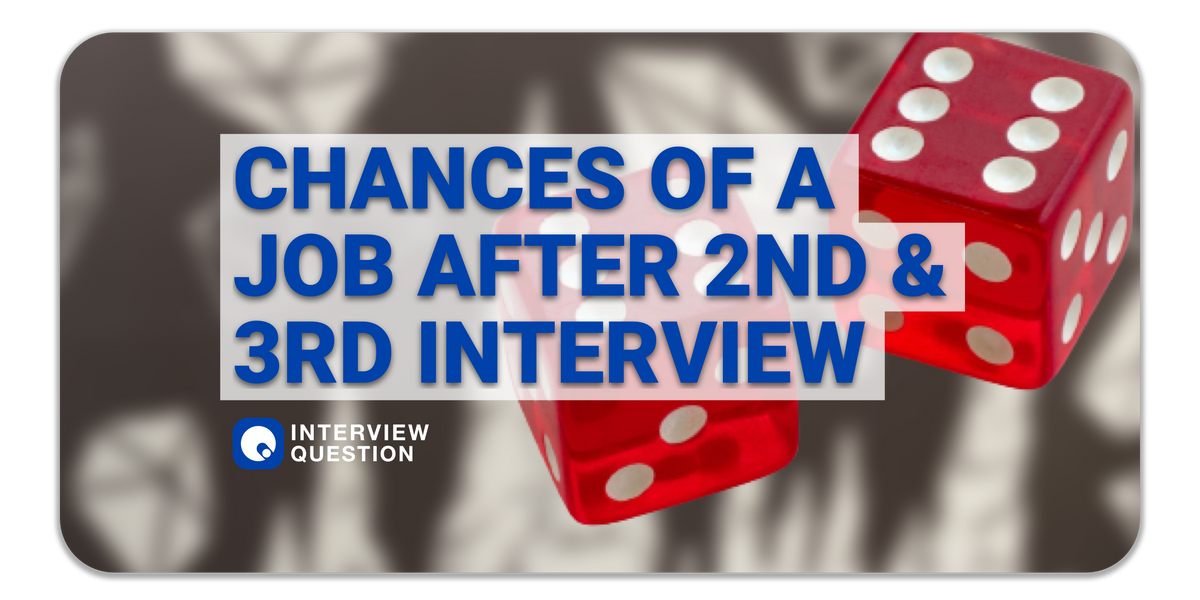
The chances of getting a job offer after a second or third round interview are very good. When an employer invites a candidate back to their offices, it signals their keen interest and also their difficulty in shortlisting a right person for the role.
Chances of getting a job offer - in real percentage terms to quantify your odds
With a second interview, a candidate has 25% chance in securing the role. And for a candidate to be picked out of the huge candidate pool and who made it into the third round interview, he has a 50% chance of getting the job. As a candidate works upward into further interview rounds, more people trip up, fail to keep their nervousness under control, stumble in presentations, give up halfway, get other offers and/or fail to make the cut. The reduced competition in later interview rounds increases the chances of an applicant getting a job offer.

Related content - if you can't seem to get a job after many rounds of interviews with many employers, then you are struggling and need to find the root cause. Read more below:
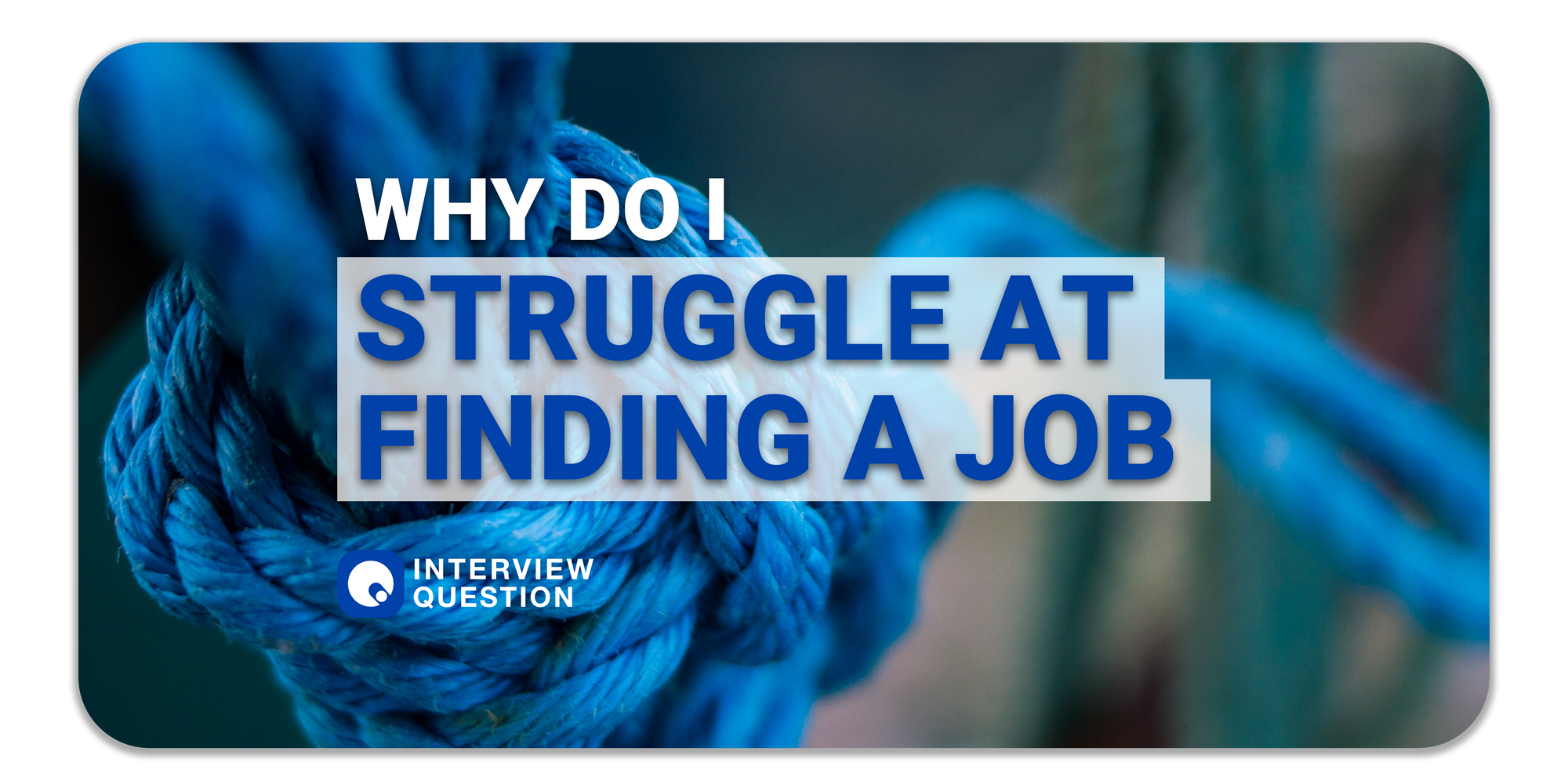
Does getting a second interview mean you got the job?
Getting a second interview is definitely a positive sign during the hiring process, but it does not guarantee that you have secured the job. Each company has its own unique approach to hiring, with some organizations requiring multiple interview rounds before extending any job offers, while others may only need a second interview to make a final decision.
Additionally, the number of interview rounds can vary depending on the specific role being filled, with higher-level positions often involving a more extensive interview process.
Therefore, while a second interview is a promising step, it is important to keep in mind that it does not automatically mean that you have been selected for the job.
Factors affecting a company's decision to make an offer or not
The vast majority of employers will make a job offer to the candidate they feel is the best fit for the position. However, there are a few things that can impact your chances of receiving a job offer after multiple interviews.
Companies behave based on their current hiring needs.
They don't act odd by interviewing you and leaving you with a hanging decision. Some HR want to go deep to understand a person before offering, while other HR needs to fill the role as soon as possible.
First, it is important to understand the employer’s hiring process.
The company make seem to behave oddly by asking you to continue interviewing and not offering you and also not rejecting you, but it seems odd because you don't know what they are thinking.
HR leaves candidates with a hanging decision if they are undecided on whether to give an offer or not. This stems from the fact that the candidate is compatible, but HR cannot give an offer for various reasons. Some reasons could be:
- Budgeting approvals: To get approval from a higher management to add the cost of paying your salary. It may take even longer for an offer if you had negotiated for a higher wage or increased benefits. More approvals may be sought if they decide that more than one candidate is suitable and they want to hire more than one person.
- Backup candidate: A better person was selected and offered, but that person has not responded yet. You are the second choice to offer if the other person declines the position. And so if you have already given your notice to your current employer during this particular job search, you may find yourself jobless and waiting for an offer as a backup candidate.
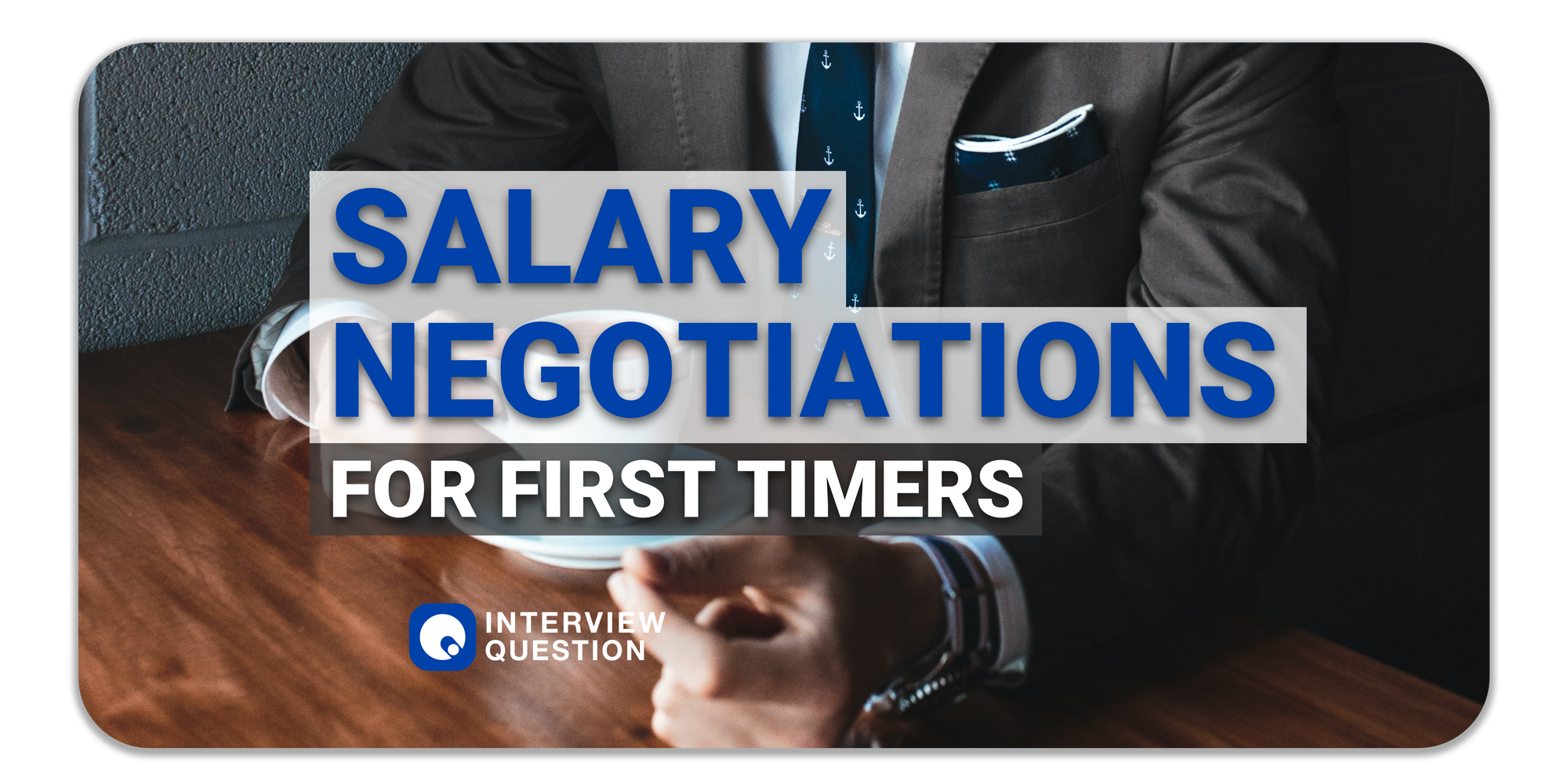
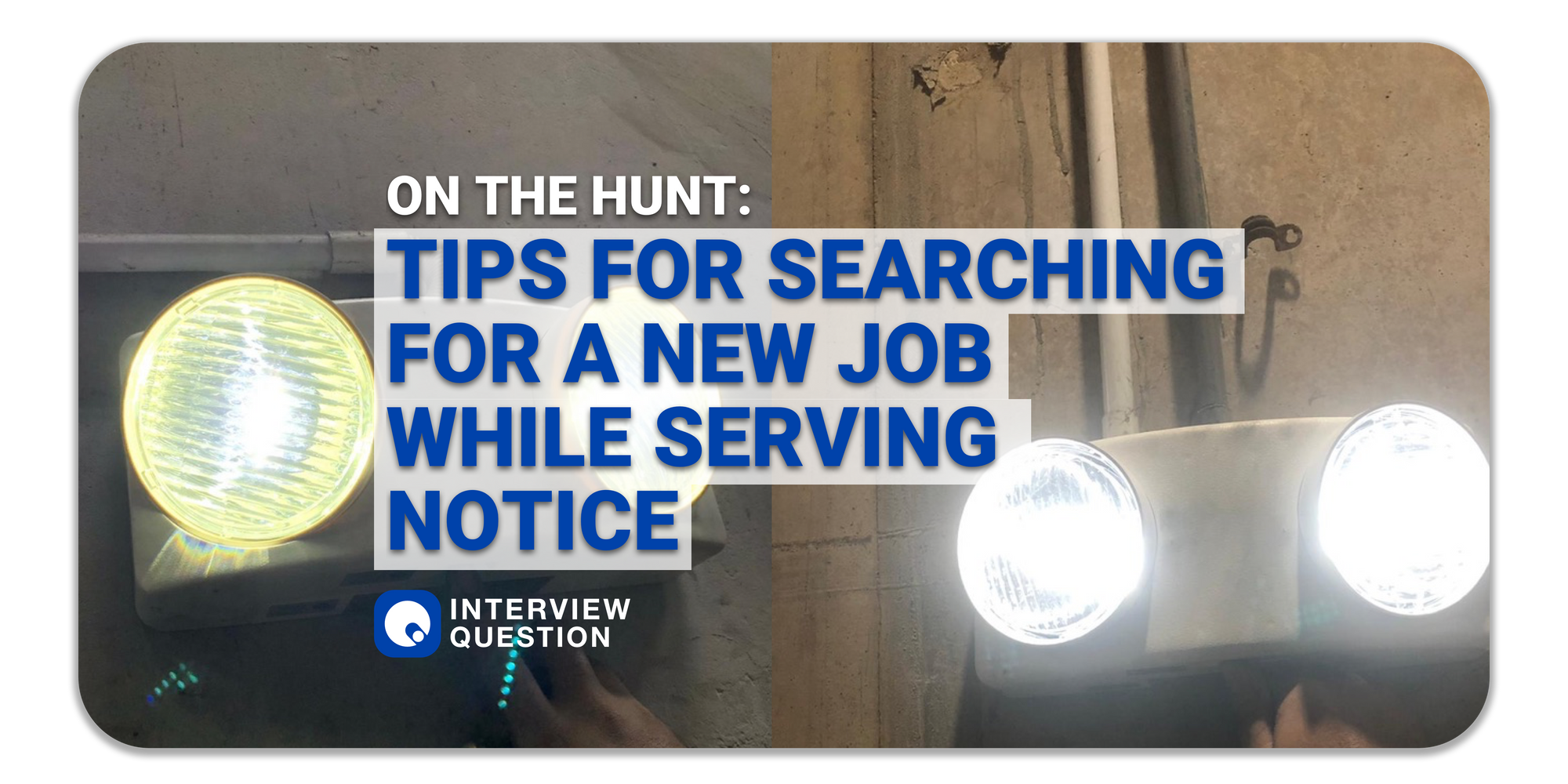
Some employers may only conduct one or two rounds of interviews before making a job offer, while others may have a more extensive process that includes multiple rounds of interviews. They might want to get to know the person before offering them a position. Some interviews use the technique of building up a mix of trust and fear to uncover a person's true weaknesses and strengths even before the start of their employment. Ultimately, having multiple rounds of detailed interviews are deliberately planned and run because these employers know the significance of a good fit for both the company and the employee.
However if they need someone to fill a role urgently, then likely an employer will go for the first qualified candidate. Your chances of receiving a job offer after multiple rounds of interviews may be lower than if the employer has a longer timeline for filling the position. However, if they have the time to spare, they may take a more thorough interview approach in order to find the best possible candidate for the job.
Offers are made to the best performing candidates. Coming in as a close second makes you lose the employment opportunity.
Second, your performance in each successive interview is crucial.
If you made a strong impression in your first interview but stumbled in your second or third interview, this could impact the employer’s decision to extend a job offer.
It’s important to be prepared for each interview and to take the time to practice answering common questions so that you can deliver your best performance. Where possible, it is best to make your negative points into pluses - interviewers are seeking out someone who can solve all their problems by paying and hiring the person, so there is a strong (yet unrealistic need to present your candidacy as a magical problem-solving antidote to all the interviewer's worries).
Second best means no job offer for you
Companies typically hire the best performing candidate for a job position. The candidate is selected when they are most qualified for the job. You are second best but there's only one vacancy and if you are not the best candidate, you will not be selected.
Fight for the last interview seat until the bitter end
There may come a time where the interviewer faces the situation to choose one candidate out of two or more similarly strong people profiles. To share a mini-HR trade secret, HR may ask you for your own weakness so that they are able to compare you between the other candidates. And the least-bad one will get the job.
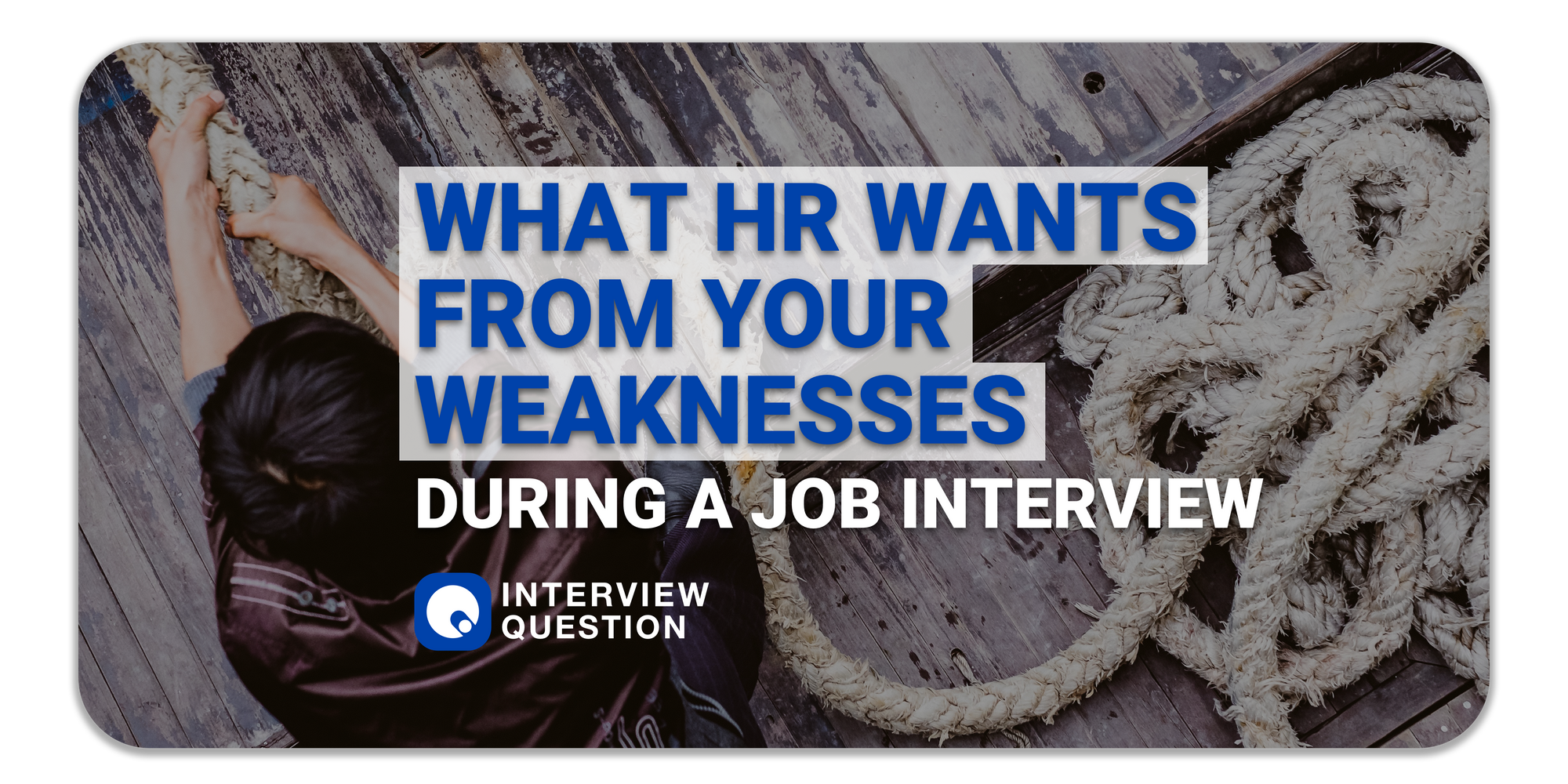
Another way HR uses to pick the final candidate is to see which candidate can start work the soonest. The applicant with a longer notice period needs to give more time to their employer before they can effectively work in the new role.
Some employers are willing to wait, while other may seek to fill up the vacancies quickly and may settle with a less strong candidate if it means immediate employment. The urgency lies with the employer's current situation.
Understanding your own notice period and maybe even considering to take leave to shorten your notice are ways you can put yourself forward as a more competitive job applicant.
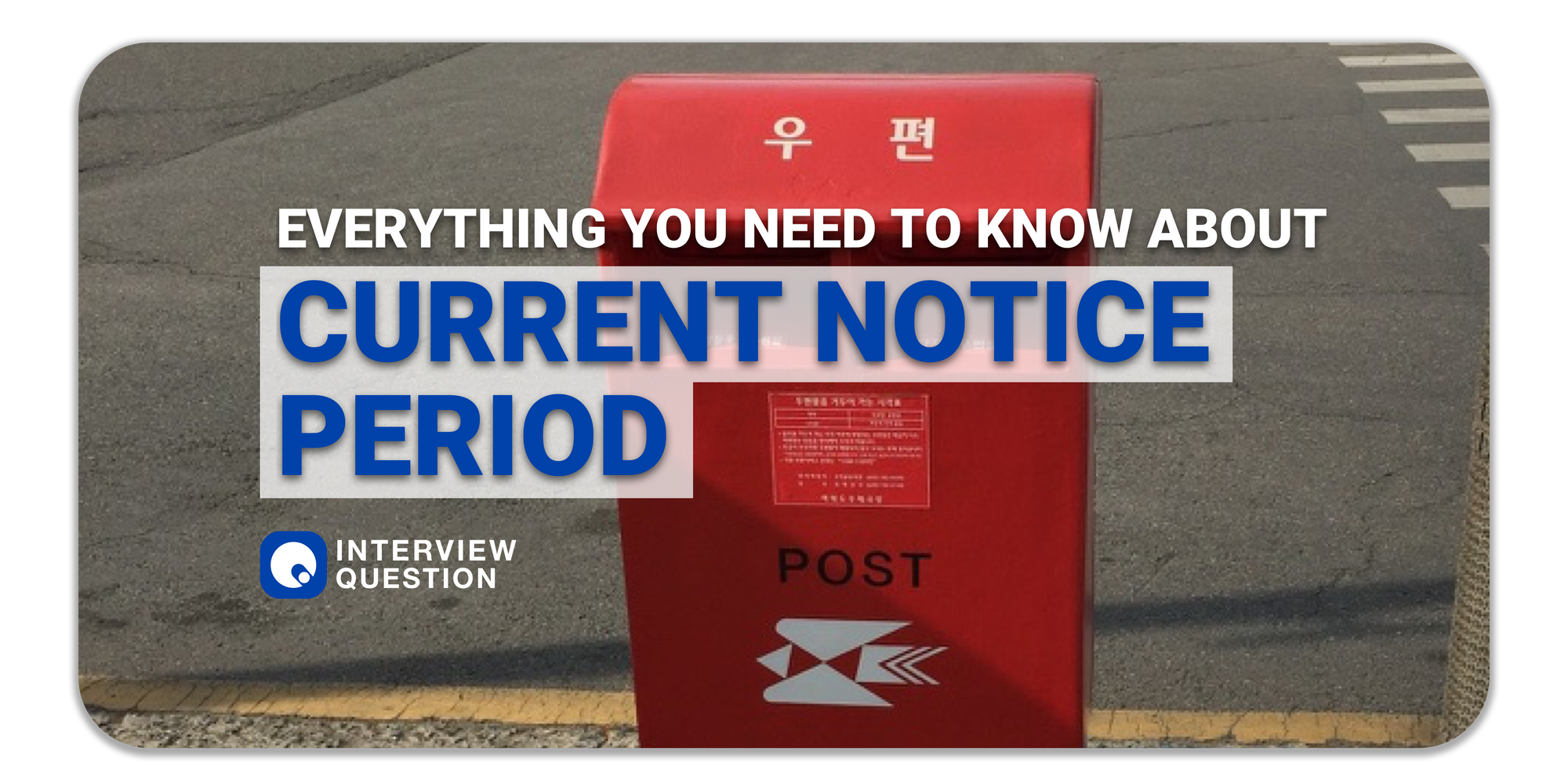
In the world of business, companies are always looking to get the most out of their resources.
If there is an opportunity to hire someone who will bring more value to the company, they will take it. This means that if you are not the best candidate but are a close second, you will lose the job opportunity.
When applying for a job, you should always make sure you are the best candidate for the position. If you are not, then it is likely that another candidate will be selected.
What to expect within the second interview?
In the second interview round, you can expect the questions to dive deeper into your experience and skills, aiming to uncover more in-depth insights. This means that interviewers will likely ask behavior-based interview questions that focus on your past behaviors and how they align with the desired traits for the role. They want to get a better understanding of your personality and how well you would fit within the team dynamics on a day-to-day basis.
It's important to keep in mind that various factors can influence the outcome of a second interview. For instance, HR professionals might inquire about your weaknesses not to undermine your candidacy, but to compare you with other candidates and find the best fit for the job. They may also consider candidates who can start work immediately, as some employers prioritize swift employment. Additionally, if the position is highly sought-after with numerous qualified candidates, the level of competition can impact your chances.
Therefore, it is crucial to distinguish yourself as the strongest candidate throughout the application process. Showcasing your skills, qualifications, and ability to meet the company's needs can significantly increase your likelihood of securing the job. Remember, the competition may be fierce, and HR might even be considering other potential candidates as replacements at a lower salary. Being aware of the competition and consistently showcasing your strengths can help you stand out and improve your chances of receiving a job offer.
Ultimately, if you perform well in each interview and emerge as one of the top candidates, the likelihood of receiving a job offer after a second or third round interview is very promising. So, continue to put your best foot forward, demonstrate your expertise, and maintain exceptional performance throughout the process to maximize your chances of success.
Companies have more choice in picking the candidate if the job is hot.
More competition means there are more people you need to outshine, and a lesser chance to get picked for the job.
Finally, the number of qualified candidates interviewed will also play a role in your chances of receiving a job offer after multiple rounds of interviews.
If you are one of only a handful of candidates who made it to the final round of interviews, your chances may be higher than if there were dozens of candidates vying for the same position.
With more people vying for fewer positions, companies have become increasingly selective in their hiring practices. This is especially true for "hot" jobs. Being harder jobs to get, these roles in high demand industries have a large number of qualified candidates applying for a single vacancy.

In such a competitive environment, it is important to make sure you are the stand-out candidate. This means putting your best foot forward in every aspect of the application process, from your resume and cover letter to the questions you ask during each interview. Even after you get the job, you need to work extra hard. Perform extra well.
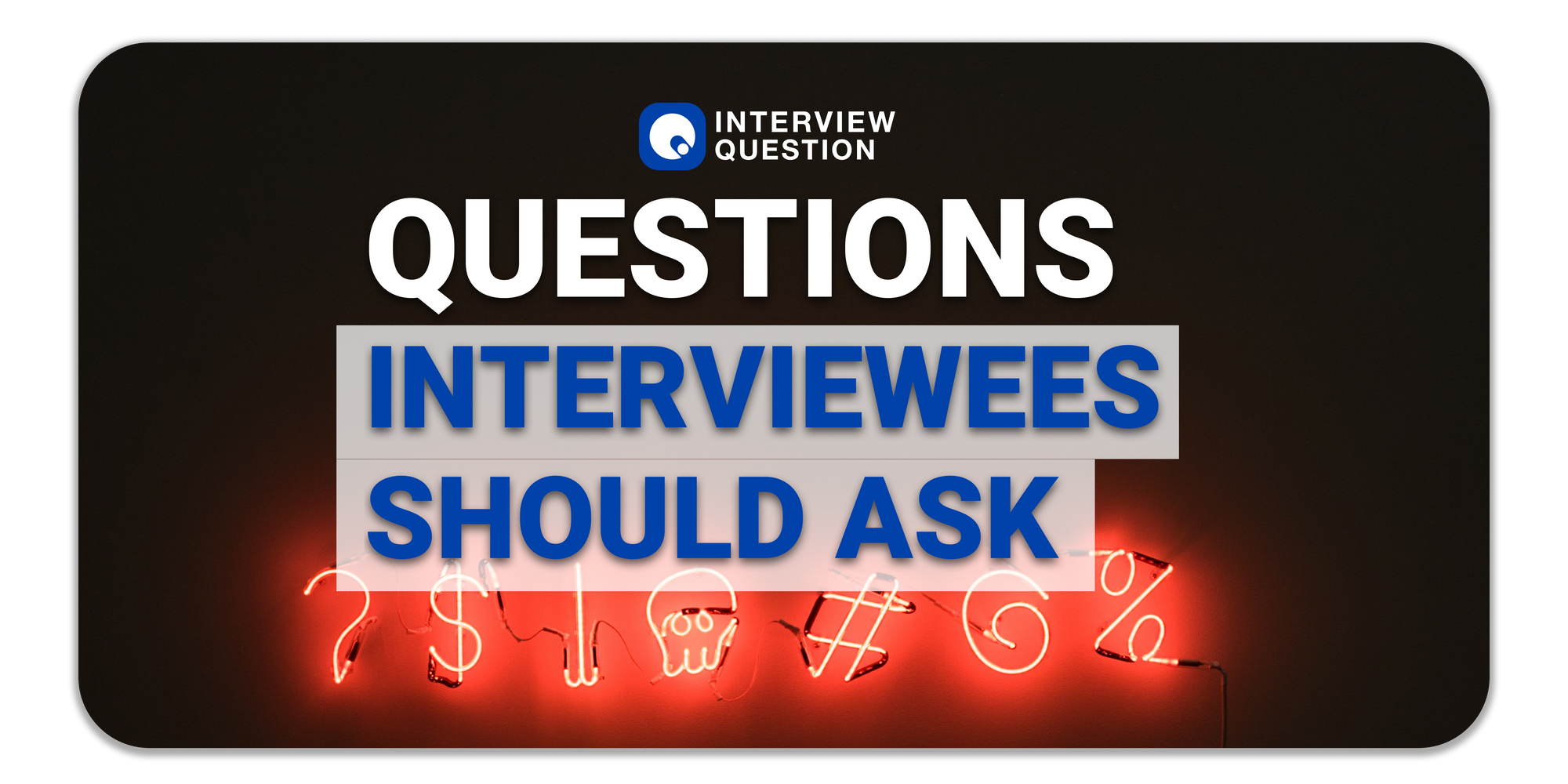
It also means being aware of the competition and what they may be offering that you are not.While it may seem daunting, remember that companies are looking for the best candidates possible. If you can show that you have the skills and qualifications they are looking for, you have a good chance of landing the job.
How can weaknesses, notice period, and competition with other candidates influence the outcome of a second interview?
Weaknesses, notice period, and competition with other candidates can have a significant impact on the outcome of a second interview.
HR professionals may ask about your weaknesses to compare you with other candidates and select the candidate who is the least weak in that area.
Additionally, some employers prioritize candidates who can start work immediately, so your notice period may affect their decision. Moreover, the level of competition for the job can also influence your chances, especially if there are many qualified candidates vying for a single vacancy.
What could happen if you have the right skill set but are not a good cultural fit with the team?
Even if you have the right skill set to perform the job, if you are not a good cultural fit with the team, things may not work out in the long run.
Employers value candidates who can not only do the job well but also integrate smoothly into the team dynamic. If you are not a good fit, it may lead to difficulties in collaboration, communication, and overall team cohesion.
How will the interviewers assess the candidate's personality and fit with the team?
In the second interview, the interviewers will use this opportunity to get a better grasp of your personality and assess what it would be like to work with you on a regular basis.
They may ask questions to understand how you would fit into the team culture and whether you would be a good match with the existing team members.
What type of questions can be expected during a second interview?
During a second interview, you can expect more in-depth questions that are designed to drill into a particular area of your experience or skill set. These questions may be behavior-based, where the interviewers ask about your past behaviors to assess your future performance.
Conclusion
Overall, your chances of getting a job offer after a second or third round interview are very good as long as you have performed well in each interview and you are one of the top candidates for the position.


